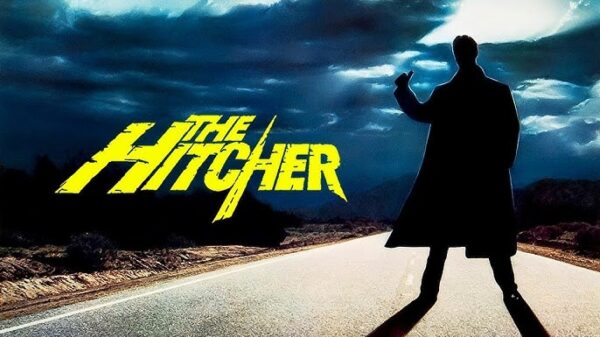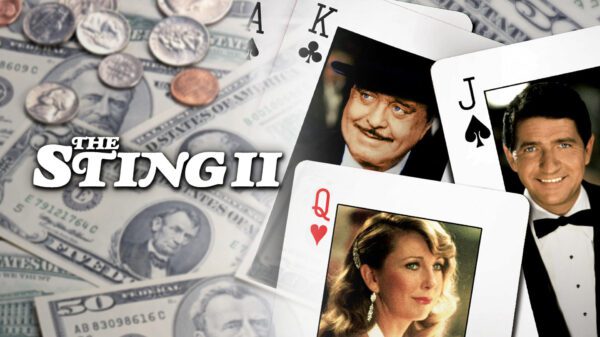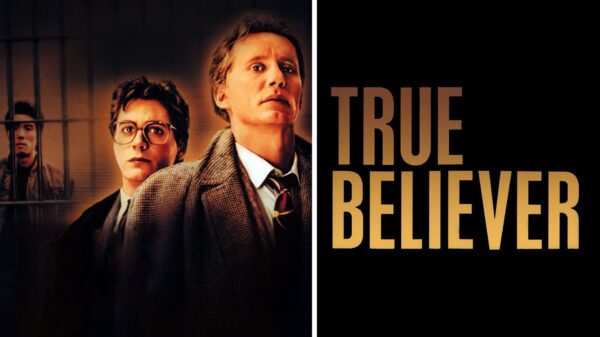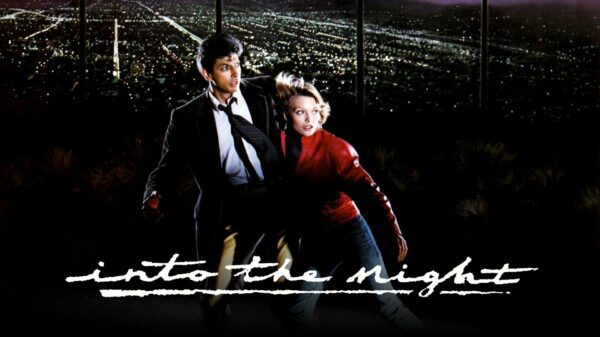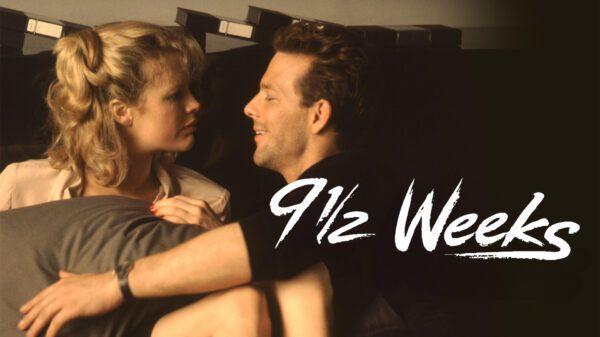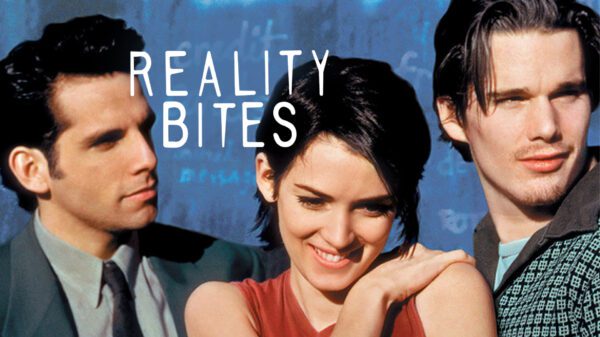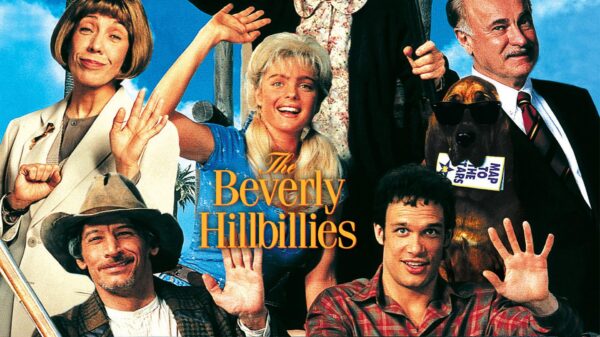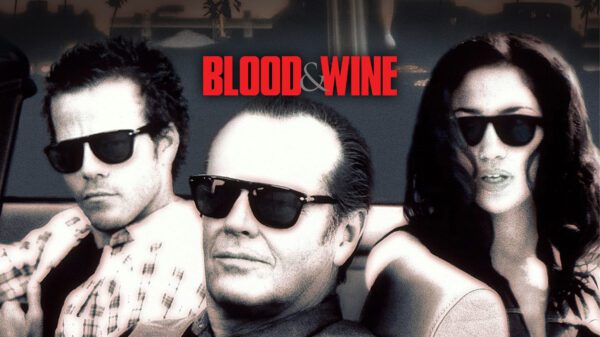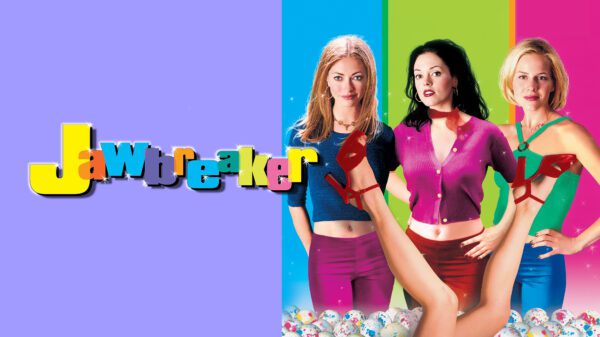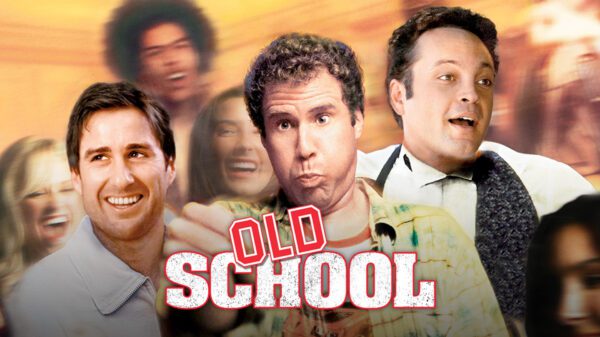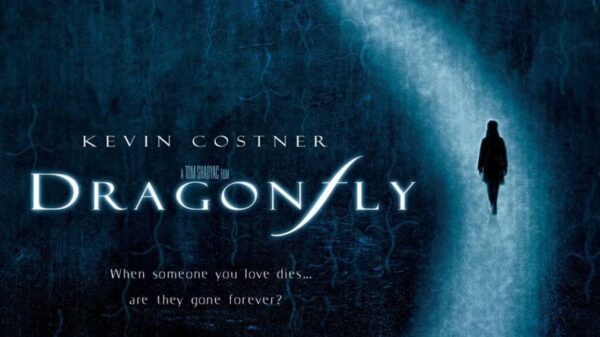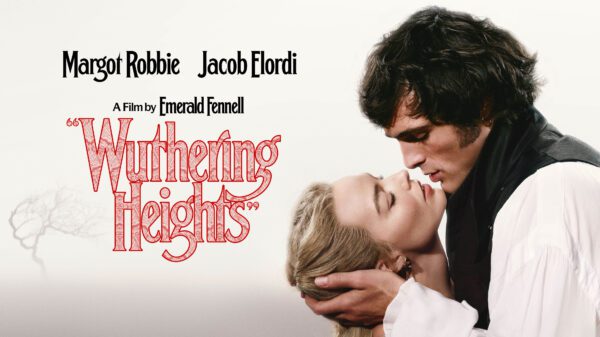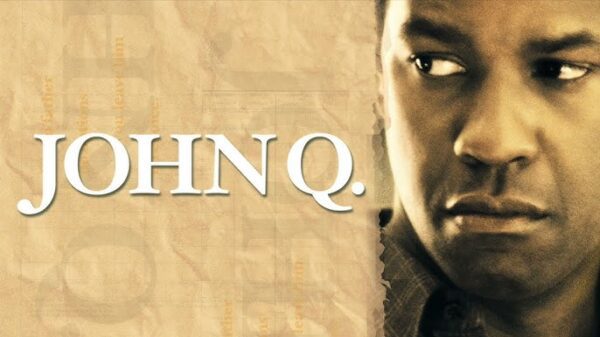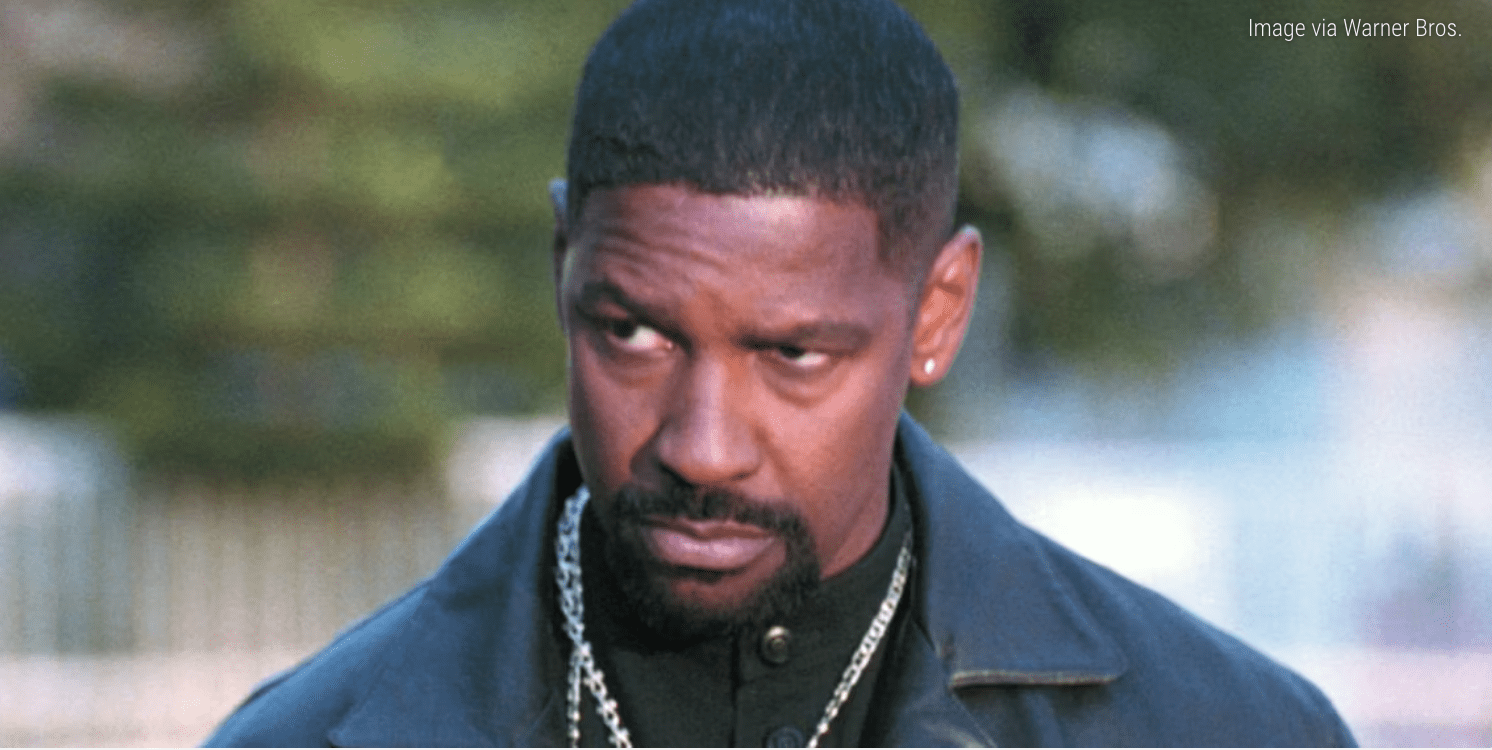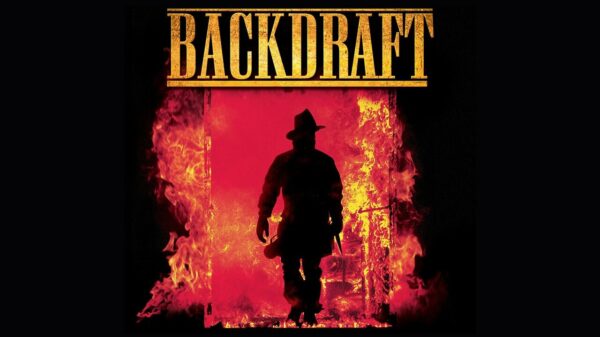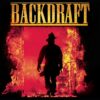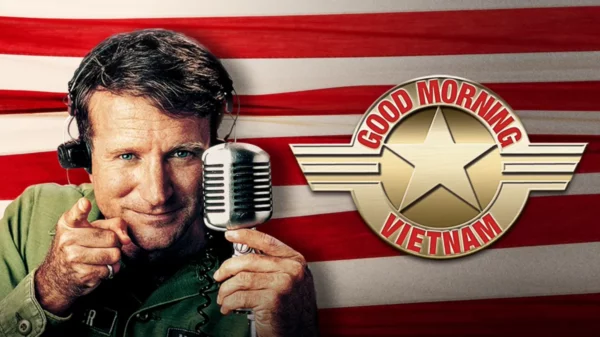Boomerang, released in theaters on July 1, 1992, is a sleek, sophisticated, and often hilarious film that flips traditional gender roles, exploring the complexities of love, commitment, and the ultimate comeuppance for a charming playboy. The movie delivers a sharp, witty script and a surprising amount of heart.
The story centers on Marcus Graham (Eddie Murphy), a wildly successful advertising executive in New York City who is also a notorious ladies’ man, renowned for his ability to charm and discard women. His carefully constructed world of casual flings is turned upside down when he meets Jacqueline Broyer (Robin Givens), his new boss, who is essentially a female version of himself – equally charming, ambitious, and commitment-phobic.
Marcus finds himself falling for Jacqueline, only to be given a taste of his own medicine as she treats him with the same detached indifference he’s shown countless women. As Marcus grapples with this unexpected emotional challenge, he begins to realize what he truly values, particularly when he forms a genuine connection with the sweet, artistic Angela Lewis (Halle Berry), who works for Jaqueline.

Halle Berry and Eddie Murphy in Boomerang (Photo/Paramount Pictures)
Murphy delivers a nuanced and engaging performance as Marcus, perfectly balancing his character’s smooth confidence with a growing vulnerability as his world is upended. He’s effortlessly charming, but also effectively portrays Marcus’s journey of self-discovery.
Givens is excellent as Jacqueline, exuding a cool sophistication and a formidable independence that makes her a compelling foil for Marcus.
Berry shines as Angela, bringing a warm, grounded, and intelligent presence that provides a crucial emotional anchor for the film.
Martin Lawrence and David Alan Grier are absolutely hilarious as Marcus’s best friends, Gerard and Jimmy, providing constant comedic relief and often stealing scenes with their banter.
Chris Rock, in an early but memorable role, is a standout as the quirky mailroom clerk.
Lela Rochon, as Marcus’s initial love interest, also contributes to the film’s vibrant cast.
Grace Jones, Eartha Kitt, Tisha Campbell and John Witherspoon round out the cast.
Director Reginald Hudlin crafts a visually stylish film that showcases the glamour of the advertising world and the vibrant culture of its characters.
The pacing is brisk, and the script, by Barry W. Blaustein and David Sheffield (from a story by Murphy), is sharp, witty, and full of memorable dialogue. The film cleverly explores themes of gender dynamics, power, and the challenges of finding genuine connection in a superficial world.
While it’s primarily a comedy, it also delves into the emotional growth of its protagonist, making his eventual transformation feel earned and heartfelt.
Reception for Boomerang
Boomerang grossed $13.6 million on its opening weekend, finishing third behind Batman Returns ($13.8 million) and A League of Their Own ($13.7 million).
The film would gross $131 million worldwide.
Roger Ebert gave the film three out of four stars in his review.
Legacy
Boomerang is a stylish, witty, and surprisingly heartfelt romantic comedy that offers a fresh take on the battle of the sexes. It’s a testament to its charismatic cast, sharp script, and a director’s vision that blends humor with genuine emotional depth. For anyone looking for a smart, funny, and ultimately charming film about love and growth, Boomerang is a delightful and endlessly rewatchable experience.

